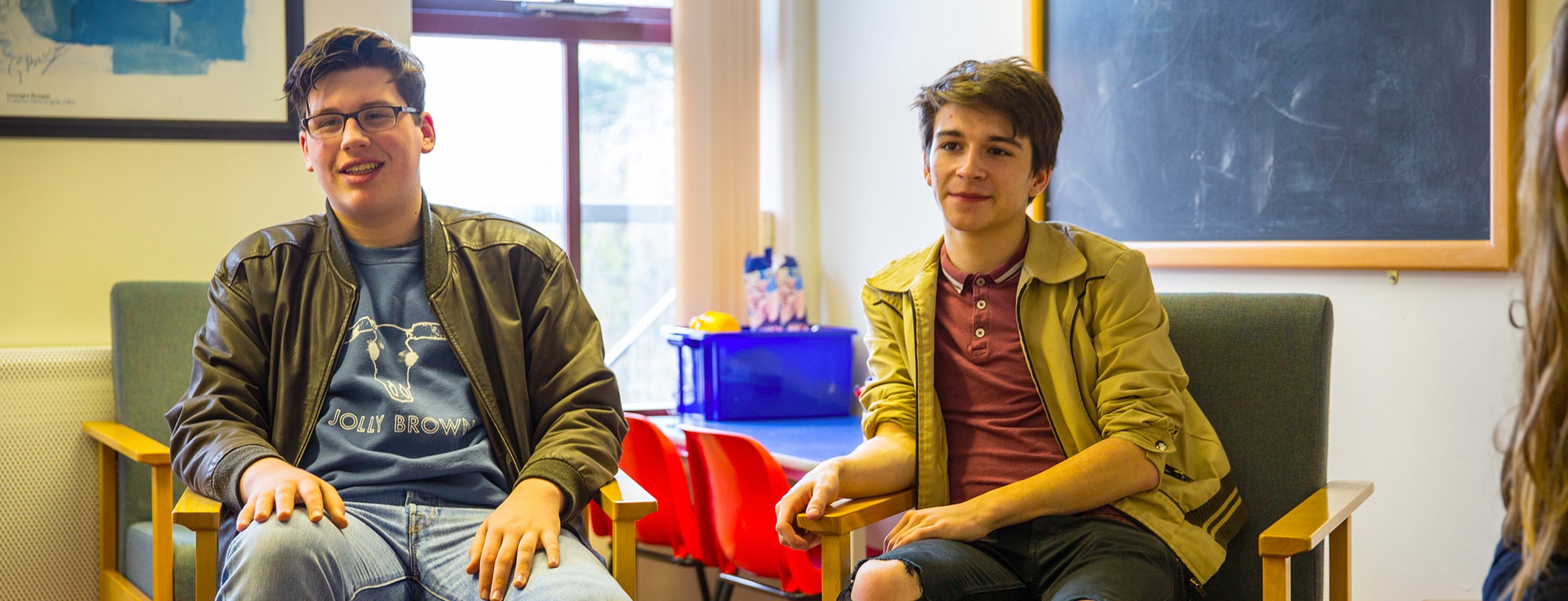Co-Production of Page
This webpage has been created in collaboration with children, young people, parents and carers. If you have suggestions for improving these webpages, please contact elft.ppgchcamhs@nhs.net
Please note: This website is best viewed in a modern browser like Chrome, Edge or Firefox. We no longer support Internet Explorer 11.
Mental health conditions are problems such as depression, anxiety and eating disorders. Dealing with these problems can be hard so it is important that you get the support you need.

This webpage has been created in collaboration with children, young people, parents and carers. If you have suggestions for improving these webpages, please contact elft.ppgchcamhs@nhs.net
